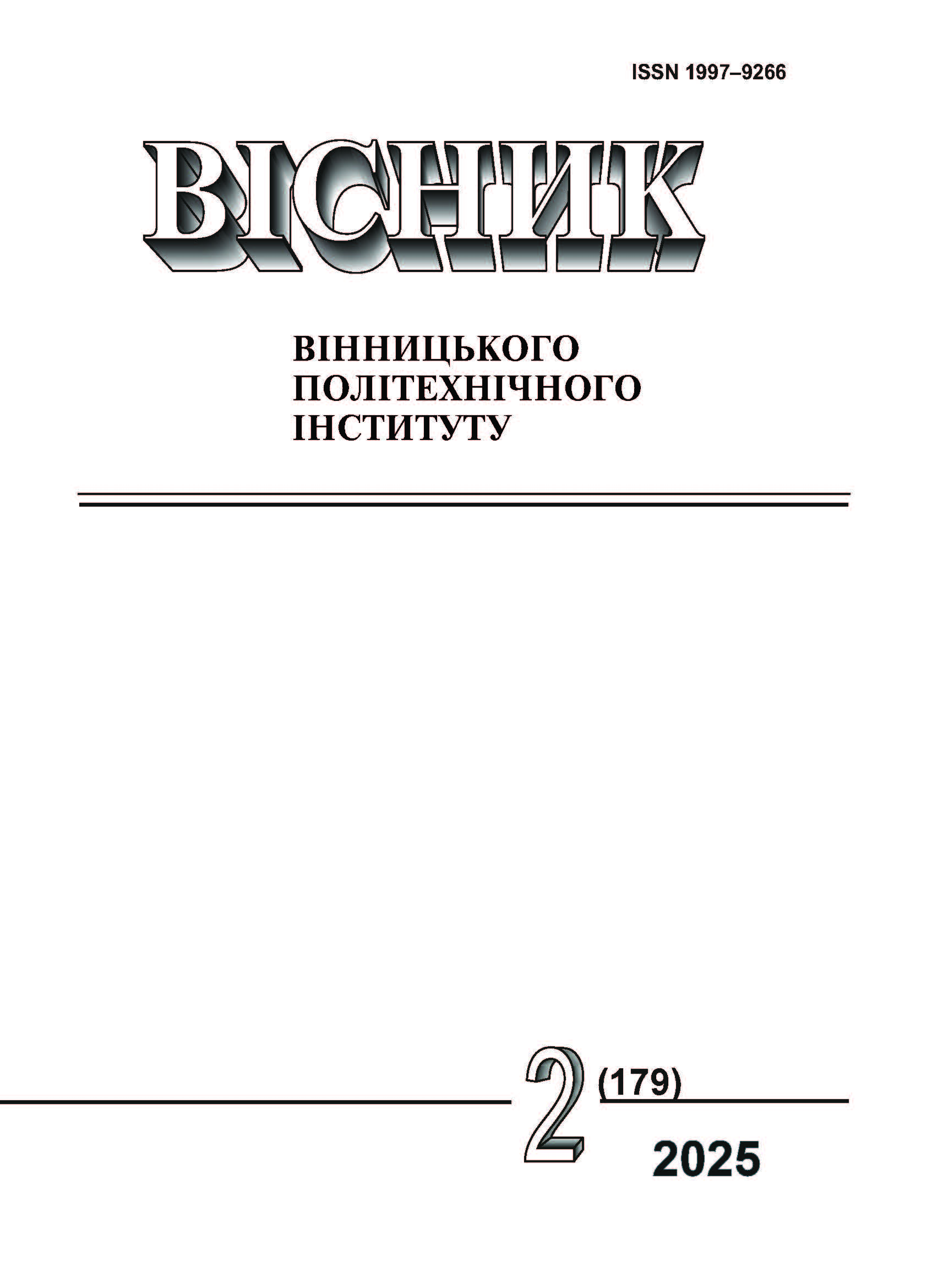Automated Planning in Intelligent Distributed Systems Using a Multi-Agent Approach Based on LLM
DOI:
https://doi.org/10.31649/1997-9266-2025-179-2-111-117Keywords:
LLM agents, automated planning, multi-agent systems, intelligent distributed information system, large language modelsAbstract
The paper presents a novel approach to automating management of intelligent distributed information systems (DIS) using a hybrid multi-agent architecture with AI agents based on large language models (so-called LLM agents). The proposed architecture consists of a two-level planning system, which includes a manager agent for centralized global task decomposition and executor agents for decentralized local task assignment and computation optimization across individual clusters of the intelligent distributed system. To enhance agent interaction efficiency, the study proposes innovative methods for model access to long-term and short-term memory and tool utilization through code generation and execution, using the specialized prompt engineering method CodeAct. The CodeAct's high performance allows to create new agents, interacting with environments, execute interpreted code, and are able to collaborate with users using natural language. The proposed approach potentially provides architectural agnosticism regarding distributed system structure, allowing work with complex heterogeneous DIS and task types through specialized management components, memory access, and programmatic instruction execution generated by agents. The work includes descriptions of necessary skills and properties of the base large language models, the structure of two agent types, and the set of tools required for effective interaction of intelligent system’s agents with each other and the external environment, including the managed DIS. The paper presents architectural diagrams of the manager agent and executor agents, describing the internal structure of all components and the mechanisms by which they interact. The research explains the promising potential of large language models and advanced AI agents for intelligent planning in distributed computing environments, revealing the potential of artificial intelligence in automating complex management processes.
References
V. Smith, S. Forte, C. Ma, M. Takac, M. I. Jordan, and M. Jaggi, “CoCoA: A General Framework for Communication-Efficient Distributed Optimization,” arXiv.org, 2016. https://arxiv.org/abs/1611.02189v2 . Accessed: Jan. 15, 2025.
S. Logie, D. Sabaz and W. A. Gruver, “Combinatorial sliding window scheduling for distributed systems,” SMC’03 Conference Proceedings. 2003 IEEE International Conference on Systems, Man and Cybernetics. Conference Theme – System Security and Assurance (Cat. No.03CH37483), Washington, DC, USA, 2003, vol. 1, pp. 630-635. https://doi.org/10.1109/ICSMC.2003.1243885 .
S. Teerapittayanon, B. McDanel, and K. H. T, “Distributed Deep Neural Networks over the Cloud, the Edge and End Devices,” arXiv.org, 2017. https://arxiv.org/abs/1709.01921v1 . Accessed: Jan. 15, 2025.
H. Karatza, “Scheduling in Distributed Systems,” Lecture Notes in Computer Science, pp. 336-356, 2004, https://doi.org/https://doi.org/10.1007/978-3-540-24663-3_16 .
J. Jiang, F. Wang, J. Shen, S. Kim, and S. Kim, “A Survey on Large Language Models for Code Generation,” arXiv.org, Jun. 01, 2024. https://arxiv.org/abs/2406.00515 .
C. Sypherd, and V. Belle, “Practical Considerations for Agentic LLM Systems,” arXiv.org, 2024. https://arxiv.org/abs/2412.04093 . Accessed: Jan. 16, 2025.
S. Han, Q. Zhang, Y. Yao, W. Jin, Z. Xu, and C. He, “LLM Multi-Agent Systems: Challenges and Open Problems,” arXiv.org, Feb. 05, 2024. https://arxiv.org/abs/2402.03578v1 .
T. Guo, et al., “Large Language Model based Multi-Agents: A Survey of Progress and Challenges,” arXiv.org, 2024. https://arxiv.org/abs/2402.01680v2 . Accessed: Jan. 17, 2025.
М. Хорканін, «Застосування машинного навчання для автоматизованого планування,» Вісник Хмельницького національного університету, серія: Технічні науки, vol. 339, no. 4, pp. 11-14, 2024. https://doi.org/ 10.31891/2307-5732-2024-339-4-1 .
Q. Wang, Z. Wang, Y. Su, H. Tong, and Y. Song, “Rethinking the Bounds of LLM Reasoning: Are Multi-Agent Discussions the Key?” pp. 6106-6131, Jan. 2024. https://doi.org/10.18653/v1/2024.acl-long.331 .
X. Wang, et al., “Executable Code Actions Elicit Better LLM Agents,” arXiv.org, 2024. https://arxiv.org/abs/2402.01030 .
P. Lewis, et al., “Retrieval-Augmented Generation for Knowledge-Intensive NLP Tasks,” arXiv.org, Apr. 12, 2021. https://arxiv.org/abs/2005.11401 .
A. Singh, A. Ehtesham, S. Kumar, and Khoei Tala Talaei, “Agentic Retrieval-Augmented Generation: A Survey on Agentic RAG,” arXiv.org, 2025. https://arxiv.org/abs/2501.09136 . Accessed: Jan. 20, 2025.
S. Yao, et al., “ReAct: Synergizing Reasoning and Acting in Language Models,” arXiv.org, Mar. 09, 2023. https://arxiv.org/abs/2210.03629 .
Y. Gu, et al., “Middleware for LLMs: Tools Are Instrumental for Language Agents in Complex Environments,” Proceedings of the 2021 Conference on Empirical Methods in Natural Language Processing, pp. 7646-7663, Jan. 2024, https://doi.org/10.18653/v1/2024.emnlp-main.436 .
Downloads
-
pdf (Українська)
Downloads: 91
Published
How to Cite
Issue
Section
License

This work is licensed under a Creative Commons Attribution 4.0 International License.
Authors who publish with this journal agree to the following terms:
- Authors retain copyright and grant the journal right of first publication.
- Authors are able to enter into separate, additional contractual arrangements for the non-exclusive distribution of the journal's published version of the work (e.g., post it to an institutional repository or publish it in a book), with an acknowledgment of its initial publication in this journal.
- Authors are permitted and encouraged to post their work online (e.g., in institutional repositories or on their website) prior to and during the submission process, as it can lead to productive exchanges, as well as earlier and greater citation of published work (See The Effect of Open Access).





